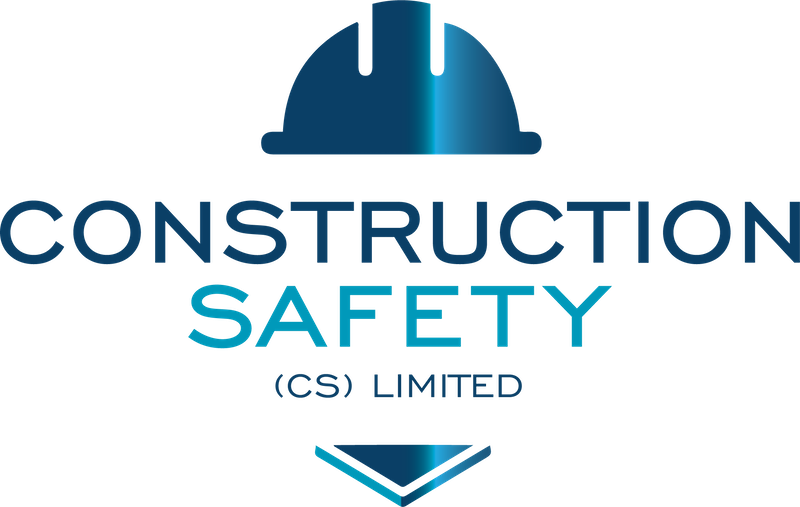THE IMPORTANCE OF MAINTAINING TRAINING RECORDS
This year two cases brought before the court illustrated how the availability of training and other records can influence the likelihood of a prosecution after an accident.
In August 2019 Volvo Group UK was fined £13,333 after it pleaded guilty to breaching s.2(1)Health and Safety at Work etc. Act 1974 (HSWA).
The charges followed an incident in which a worker was crushed by a rolling vehicle, fracturing his spine.
The worker had used a pit jack to raise an HGV trailer off the ground but he had not applied the truck’s handbrake or used wheel chocks to prevent movement.
This allowed the truck to roll forward while he was adjusting the brakes, causing it to slip from the jack, crushing him against a set of steps in the pit.
The HSE’s investigation found that Volvo had not given its employees enough wheel chocks nor provided them with training in how to prevent the unintended movement of vehicles they were working on.
It is assumed that the worker had some relevant training and experience. Volvo’s mistake was not having the written evidence to show that it had passed on its safe working requirements.
If it had provided training including strict safety rules for supporting vehicles staff would have been far more likely to request additional wheel chocks.
The second case involved an unsafe lifting operation. An apprentice electrician fell four metres from a large wooden crate which had been balanced on a fork lift truck. As a result he broke several ribs and suffered a punctured lung.
The driver of the fork lift truck, who was a more senior colleague and had been put in charge on the site, pleaded guilty to a breach of s.7HSWA and was fined £2,000 with £560 in costs.
His employer was not prosecuted because a risk assessment had been completed and suitable equipment purchased. The supervisor failed to use this, despite his knowledge and training.
Where you’ve undertaken a risk assessment, developed safe systems of work, provided the right equipment and trained staff correctly, the risks to your business are reduced.
Not only does this make it less likely that there will be an accident in the first place, but should one occur you’ll be ready to defend yourself.
Each time an employee completes training, ensure that you have a detailed record to prove that it was carried out. Include the date, the trainee’s signature, contents of the training and who delivered it. An inspector will ask far fewer questions if you can promptly produce signed and dated records.
